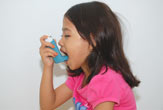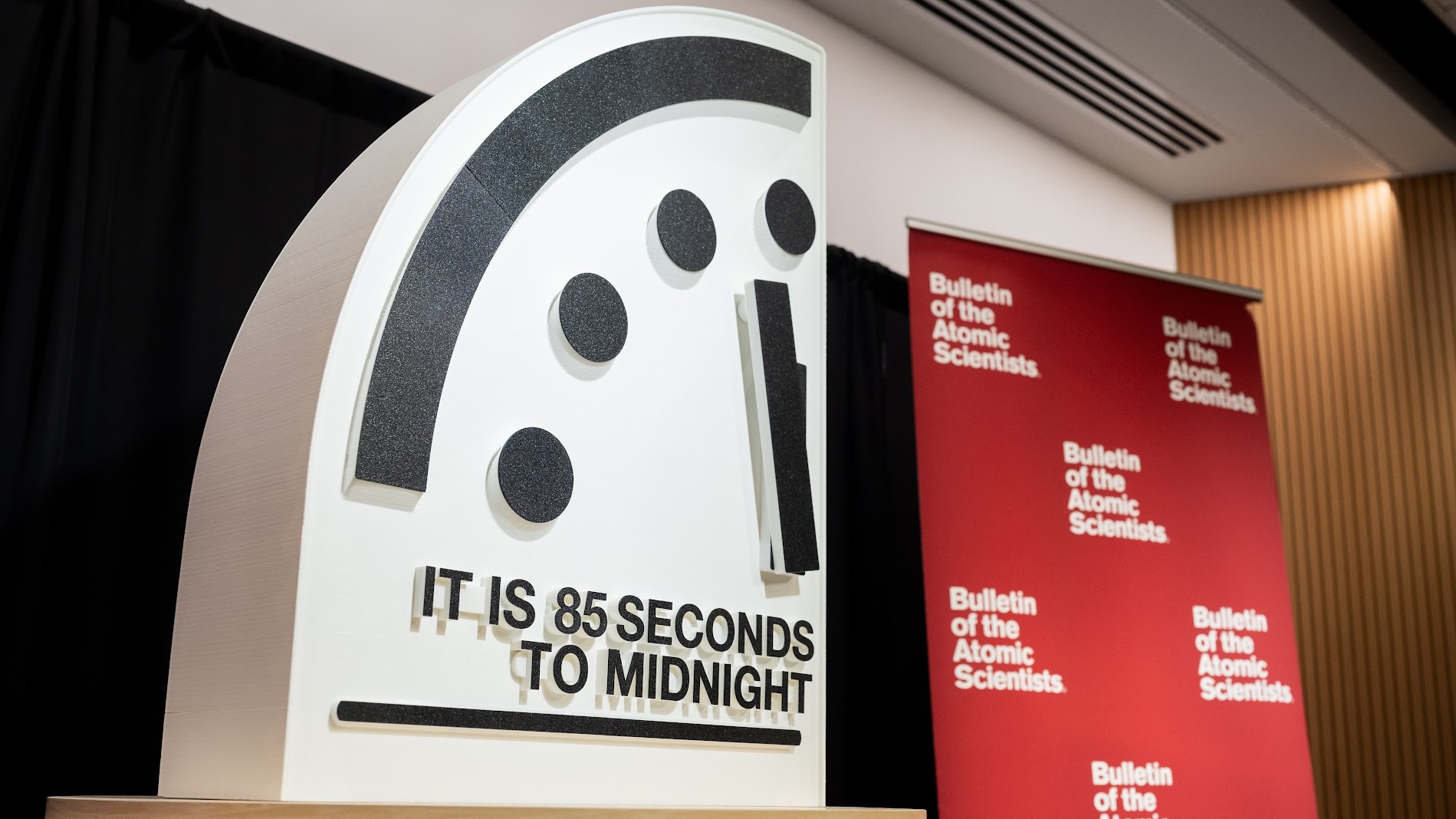On the Menu: Misinformation About Food Allergies

People with food allergies who wish to dine out beware: Many restaurant staffers have not been trained to properly deal with customers who have food allergies, according to a new British study of restaurant owners, managers, waiters and chefs.
Researchers surveyed 90 restaurants across the United Kingdom and found that only 33 percent provided food allergy training to their workers.
Eighty-one percent of respondents said they were very or somewhat confident in providing a safe meal to a person with food allergies, the study said, but when asked specific questions about dealing with a food allergy, their responses revealed lack of sensitivity to the potential dangers of severe food allergy.
For example, 38 percent of respondents believed that a person having an allergic reaction should drink water to dilute the allergen. Twenty-three percent of respondents thought that eating a small amount of an allergen is safe, and 21 percent said removing an allergen from a meal (like removing peanuts after they'd already been added to a cake, for a peanut-allergic customer) was safe, researchers found.
Sixteen percent of respondents said that cooking food prevented it from causing an allergic reaction, and 12 percent of respondents didn’t know that allergies could cause death, the study said.
Researchers also found that in one of every three restaurants, common food allergens (like eggs, peanuts, wheat, milk, nuts and fish) were not separated from other foods.
"Diners who are food allergic must remain vigilant and not assume restaurants are safe or that all staff are knowledgeable about food allergy," Helen Smith, a professor at Brighton & Sussex Medical School in England, wrote in the study. "Our survey supports the need for more rigorous and accessible training if food-allergic customers are to avoid being put at risk by dining out."
Get the world’s most fascinating discoveries delivered straight to your inbox.
The British results were similar to that of a U.S. study, published in 2006 in the journal Annals of Allergy, Asthma & Immunology. In that study of 100 people from 100 restaurants, New York researchers found that only 42 percent provided food allergy training for their staffs, although 72 percent said they were somewhat or very comfortable providing a safe meal for a diner with a food allergy. However, 24 percent of respondents said eating a small amount of the allergen is safe, and 25 percent said removing an allergen from a meal was safe.
Food allergies are extremely common, with nearly 4 percent of U.S. children younger than 18 having experienced a food allergy in the last 12 months, according to the Centers for Disease Control and Prevention. Some food allergies are more severe than others; some can cause a tingling sensation around the mouth, while others can cause hospitalization and even death, the CDC said.
Nine foods make up more than 90 percent of all food allergies, and include milk, eggs, tree nuts, peanuts, shellfish, fish, wheat and soy, according to the CDC.
The study was published this month in the journal Clinical & Experimental Allergy.
Pass it on: Don't assume restaurant staffers know how to deal with food allergies; be clear about what needs to be done to prevent allergic reaction from food contamination.
Follow MyHealthNewsDaily on Twitter @MyHealth_MHND.
This story was provided by MyHealthNewsDaily, a sister site to LiveScience.
 Live Science Plus
Live Science Plus






